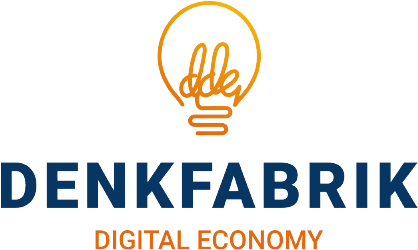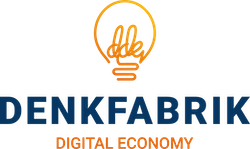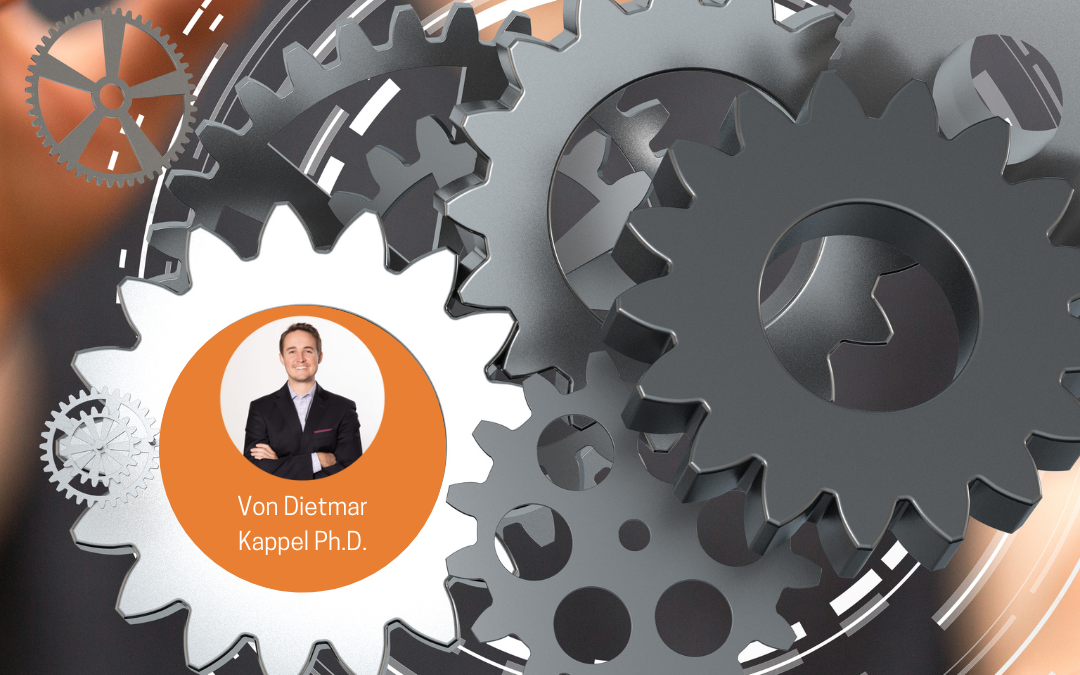Paradigmenwechsel im strategischen Management

Folge 1: Publikumsfragen Best of Marketing & Sales 2022
2022-05-23
How to… read a Paper?
2022-05-31Autor: Dietmar Kappel Ph.D.– wissenschaftlicher Experte für Strategic Management
_____________
Was ist ein Paradigmenwechsel? Und wie gehen wir (wirtschaftlich) mit den derzeitigen Veränderungen um?
Diese Fragen stellte uns ein*e Teilnehmer*in im Rahmen unseres Best of Marketing & Sales Events im Mai. Dieses Thema beschäftigt uns nicht nur aus wissenschaftlicher Sicht, sondern hat auch große Strahlkraft in der unternehmerischen Praxis. Wir sehen daher drei Aspekte näher an:
(1) Was sind Paradigmenwechsel?
(2) Welche sehen wir derzeit in unseren Wirtschafts- und Sozialsystemen?
(3) Wie gehen wir damit um?
Paradigmen (-wechsel)
Einfach formuliert kann ein Paradigmenwechsel als „an important change that happens when the usual way of thinking about or doing something is replaced by a new and different way“ (Miriam-Webster, 2022) beschrieben werden.
Der Biologe Jean Piaget betrachtete einst die Entwicklung von Kindern zu Erwachsenen als diskrete Entwicklungsphasen, die von Phasen der Veränderung verbunden sind.
Davon inspiriert, prägte der Wissenschaftsphilosoph Thomas Kuhn (1970) den Terminus der „Scientific Revolutions“. Paradigm shifts (Kuhn, 1970) stellen in diesem Zusammenhang die Phasen der Veränderung zwischen diskreten Entwicklungsphasen dar.
Abbildung 1 – Paradigm shift (eigene Darstellung angelehnt an Urban, 2015)

In einer dieser Phasen der Veränderungen befindet sich unsere Wirtschafts- und Sozialgesellschaft gerade. Die darunterliegende Logik auf dessen Basis wir unser Wirtschafts- und Sozialsystem aufgebaut und erfolgreich gemacht haben (Drucker, 1994), ändert sich somit gerade sehr stark.
Welche Paradigmenwechsel sehen wir gerade?
Aus einer Vielzahl von Meinungen und verschiedenen Sichtweisen, kann man kurz zusammengefasst zwei große Veränderungen unserer Wirtschafts- und Sozialsysteme in den letzten Jahren sehen:
A – Dezentralisierung: Decentralized Finance (DeFi) & Blockchain-Technologie (Meyer et al, 2022), Holacracy (Bernstein et al, 2016), Digitale Plattformen und Ökosysteme als Basis neuer Geschäftsmodelle (Zhao et al., 2019).
B – Technologischer Fortschritt: Computation (Santa Fe institute, 2019), AI & Data Science (Gomez-Uribe & Hunt, 2016; Marcus, 2019; Soros, 2017).
Wie gehen wir damit um?
Diese fundamentalen Veränderungen unserer darunterliegenden systematischen Grundannahmen (Assumptions on which we built our businesses – Drucker, 1994) bedürfen Veränderungen unserer Unternehmensstrukturen, Arbeitsweisen, Innovationskraft & -antrieb, der Geschwindigkeit im Tun und Handeln, sowie Mut und Durchsetzungskraft.
Ein Beispiel: Konkurrenz und Marktgrenzen im Jahr 2022 funktionieren anders – Unternehmen können sich nicht mehr sicher sein, ihre Marktgrenzen (und damit auch Marktteilnehmer*innen) zu kennen. Apple wird zum Konkurrenten von Volkswagen oder dezentralisierte Plattformen ermöglichen Unternehmen plötzlich unüberwindbare Barrieren zu umgehen und somit neue Märkte zu bespielen.
Zusammenfasst kann gesagt werden, dass Unternehmen lernen müssen: Organisation, Hierarchie, Prozesse, Wertschöpfung und -abschöpfung sowie auch Marktgrenzen und Konkurrenz anders zu denken. Wer sich näher in das Thema Marktgrenzen einlesen möchte, dem empfehlen wir folgende Literatur: Grow the Pie (Edmans, 2021) und Blue Ocean Strategy (Kim & Mauborgne, 2005a, Kim & Mauborgne, 2005b).
______________
Bernstein, E., Bunch, J., Canner, N., & Lee, M. (2016). Beyond the Holacracy Hype. Harvard Business Review, 26.
Drucker, P. F. (1994). The Theory of the Business. Harvard Business Review, September-October 1994, 12.
Edmans, A. (2021). Grow the Pie: How Great Companies Deliver Both Purpose and Profit–Updated and Revised. Cambridge University Press.
Gomez-Uribe, C. A., & Hunt, N. (2016). The Netflix Recommender System: Algorithms, Business Value, and Innovation. ACM Transactions on Management Information Systems, 6(4), 13:1-13:19. https://doi.org/10.1145/2843948
Kim, W. Chan., & Mauborgne, R. (2005a). Blue ocean strategy: How to create uncontested market space and make the competition irrelevant. Harvard Business School Press.
Kim, W. Chan., & Mauborgne, R. (2005a). Blue Ocean Strategy: From theory to practise. California Management Review, 47(3), 105–121. https://doi.org/10.2307/41166308
Kuhn, T. S. (1970). The structure of scientific revolutions. University of Chicago Press: Chicago.
Marcus, G. (2020). The Next Decade in AI: Four Steps Towards Robust Artificial Intelligence (arXiv:2002.06177). arXiv. https://doi.org/10.48550/arXiv.2002.06177
Meyer, E., Welpe, I. M., & Sandner, P. G. (2022). Decentralized Finance—A Systematic Literature Review and Research Directions (SSRN Scholarly Paper No. 4016497). Social Science Research Network. https://doi.org/10.2139/ssrn.4016497
Miriam-Webster. (n.d.). Definition of paradigm shift. Retrieved 24 May 2022, from https://www.merriam-webster.com/dictionary/paradigm+shift
Santa Fe Institute. (2019, April 8). The cost of computation. ScienceDaily. Retrieved May 23, 2022 from www.sciencedaily.com/releases/2019/04/190408161605.htm
Soros, K. O. S., Joel Lehman, Lisa. (2017, December 19). Open-endedness: The last grand challenge you’ve never heard of. O’Reilly Media. https://www.oreilly.com/radar/open-endedness-the-last-grand-challenge-youve-never-heard-of
Urban, T. (2015, January 22). The Artificial Intelligence Revolution: Part 1. Wait But Why. https://waitbutwhy.com/2015/01/artificial-intelligence-revolution-1.html
Zhao, Y., von Delft, S., Morgan-Thomas, A., & Buck, T. (2019). The evolution of platform business models: Exploring competitive battles in the world of platforms. Long Range Planning. https://doi.org/10.1016/j.lrp.2019.101892





